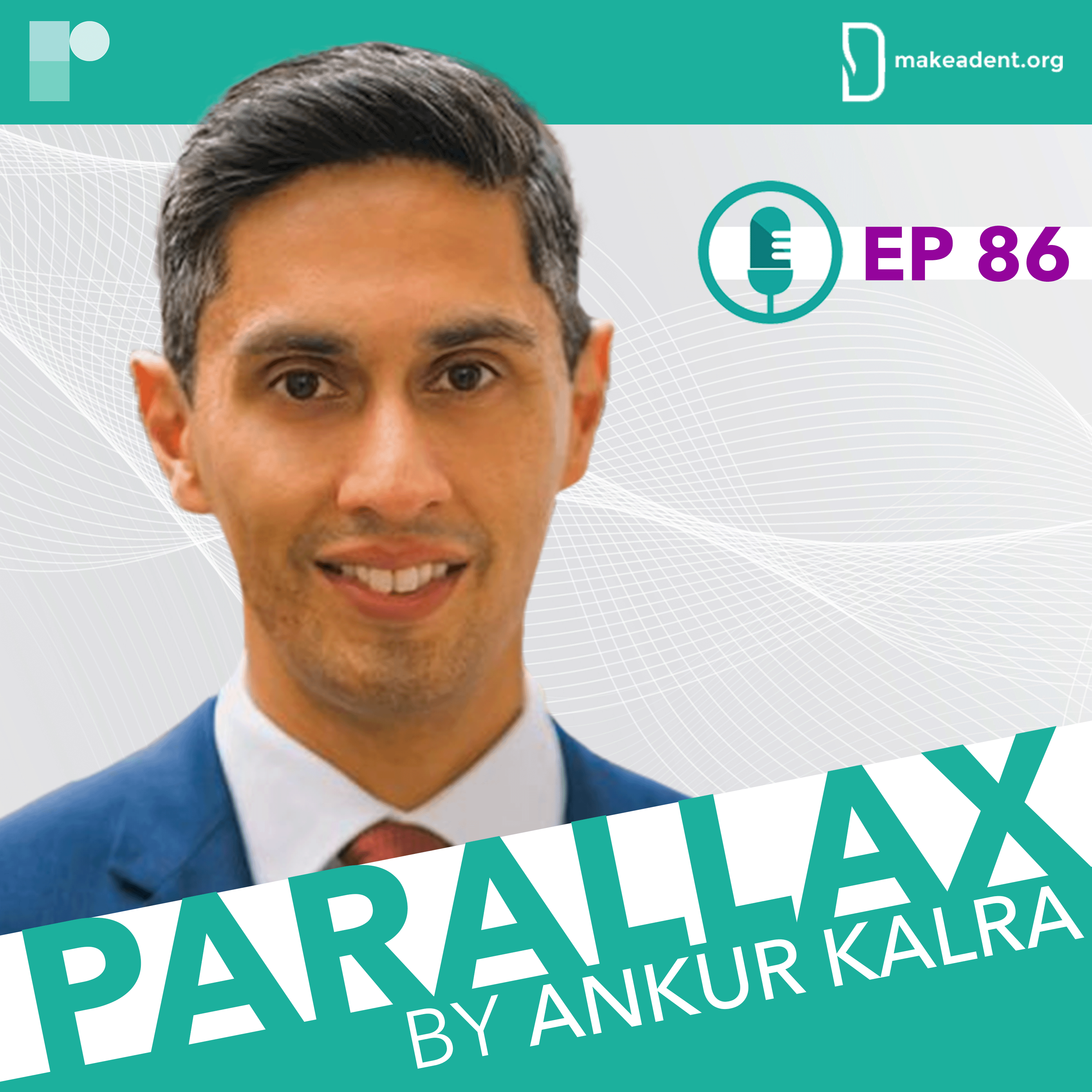
In this week’s Parallax Dr Kalra welcomes back Dr Nijjer for their annual review of the most impactful and controversial cardiovascular trials of 2022.
Dr Sukh Nijjer is a Consultant Cardiologist in the UK, he is President of the Royal Society of Medicine and Honorary Senior Clinical Lecturer at Imperial College of London.
The coronary physiology trial FLAVOUR was presented at ACC.22 by Dr Bon Kwon Koo. This South-Korean study compared the safety and efficacy of FFR and IVUS-guided stenting. Dr Nijjer interprets the findings and outlines the take-home messages by describing his practice.
Following this, Dr Kalra and Dr Nijjer look at REVIVED-BCIS2 presented at ESC 2022 by Dr Divaka Perera. Dr Nijjer talks about the complexity of running this study that evaluated whether revascularization by PCI can improve outcomes in patients with ischemic left ventricular systolic dysfunction compared with optimal medical therapy. They distill some of the nuances for practice.
Dr Nijjer summarises the all-comers PROTECTED TAVR trial that assessed the use of Sentinel® Cerebral Protection System in patients undergoing TAVR. We learn more about the secondary outcomes and the reception of the results. Dr Kalra shares how the new data impacted his approach.
Last, they discuss the implications of Chinese CTS-AMI trial presented at AHA 22 by Dr Yuejin Yang. The trial showed that a traditional remedy, Tongxinluo improved the clinical outcomes of patients with STEMI. Dr Nijjer and Dr Kalra consider the meaning and impact of these trials such as CTS-AMI on Western medicine.
How can we interpret some of the controversies from REVIVED? What can we learn from traditional medicinal remedies? What are the key takeaways for clinical practice from the reviewed trials?
Questions and comments can be sent to “podcast@radcliffe-group.com” and may be answered by Ankur in the next episode.
Guest: @SukhNijjer, host: @AnkurKalraMD and produced by: @RadcliffeCARDIO.

He explains how the complexity of nutrition and the compounds generated by the gut microbiome can impact our health. We learn more about three compounds produced by our gut microbiome that have a strong connection with heart disease.
Through this conversation, Dr Vuyisich invites us to reframe our approach to nutrition and prevention as a question of food education and data-driven science.


The charity organisation, Women as One is an agent for women and men to be part of medicine that is built on talent, rather than a privilege. Roxana and Ankur discuss the role of mentorship and family-friendly work environment in mending the broken house of cardiology. Roxana talks about the practical tools that are available for women to take the next steps in their career and achieve their goals.

Dr Kalra asks Dr Mauri about early influences and her traineeship with legendary interventionalists, the late Donald Baim and Richard Kuntz. Dr Mauri talks openly about her decision-making process and the importance of selecting your priorities and committing to them. Ankur asks Laura about her decision to go into industry. Laura shares her thoughts on medical innovations and meeting urgent needs with unique perspectives.
What is Dr Mauri’s advice for a young cardiologist? How did she balance research and patient care? What are the questions that helped her decision making? How does Dr Mauri think about innovations in medicine?

Brigham and Women’s Hospital’s Health Equity Committee decided to confront the status quo by asking: How is racism on a structural level present within our walls?
Ankur Kalra’s guests Michelle Morse (Founding Co-Director of EqualHealth and Assistant Professor at Harvard Medical School) and Lauren Eberly (Cardiology Fellow at the University of Pennsylvania) are co-authors of a retrospective study that demonstrated what had previously only been observed: That black or brown heart failure patients ended up in general medicine rather than specialised cardiology services. Following the publication of the study in November 2019, the Health Equity Committee started to roll out anti-racism trainings and to work on objective admission guidelines to mitigate biased behaviours.
Aarti Bhatt (Assistant Professor of Medicine at the University of Minnesota), member of the Minnesota chapter of Campaign Against Racism, talks about their initiative to support projects that have a positive impact on local communities on a global scale.

In this week’s Parallax, Dr Kanaa’N, the director of the program, and Dr Lahorra, chairman of the Heart, Vascular & Thoracic Department of Akron General introduce the listeners to the foundations of their program and the paradigm shift brought by TAVR.

Ankur Kalra asks Grant W Reed, Director of the Cleveland Clinic’s STEMI program, to reflect on the actions they took and the challenges of delaying cardiovascular procedures in the wake of the coronavirus pandemic. Dr Reed offers insight on the factors that influenced the Cleveland Clinic’s STEMI policy for COVID-19. Ankur and Grant discuss the triage considerations for patients with structural heart disease and the steps the clinic took to protect its healthcare workers.





